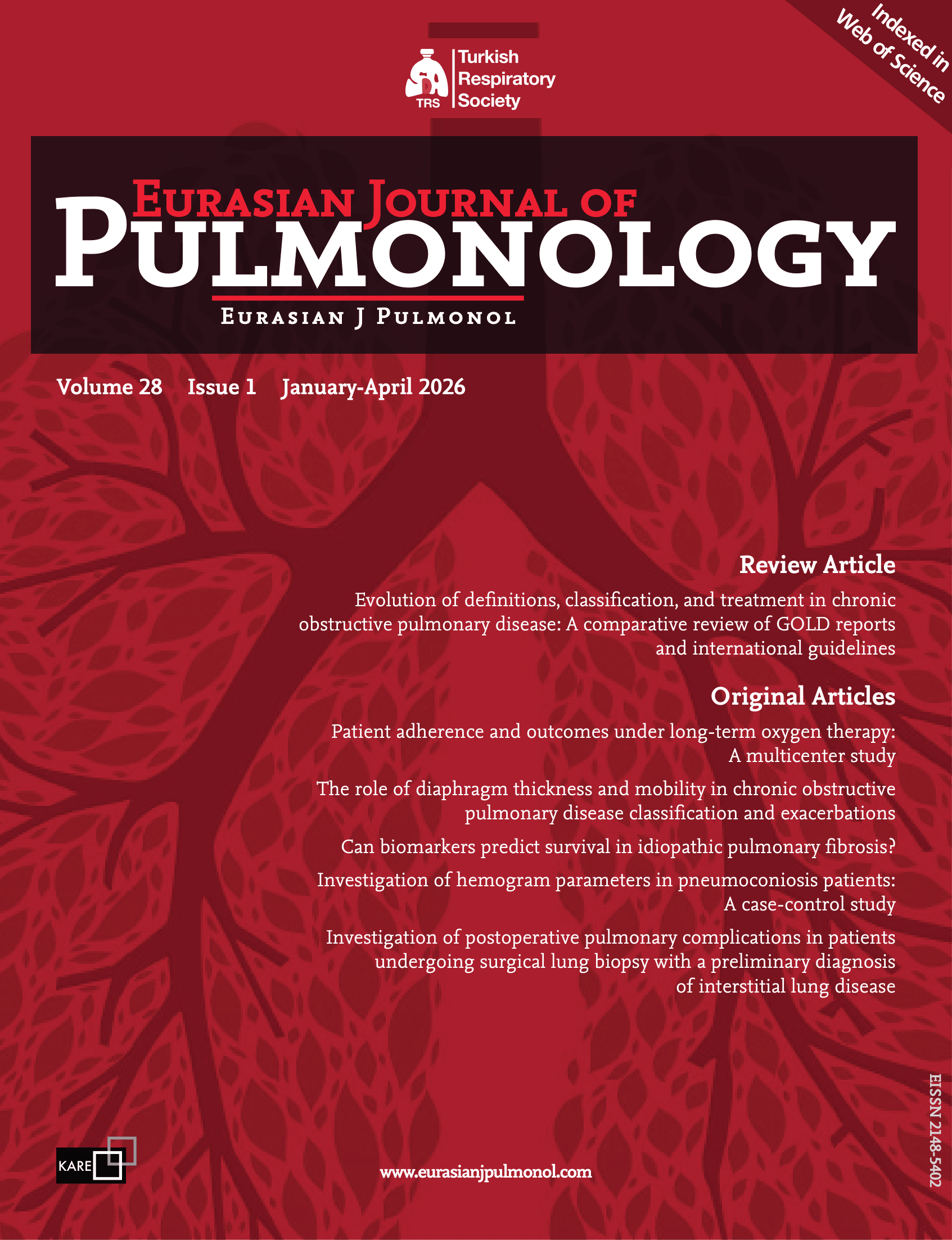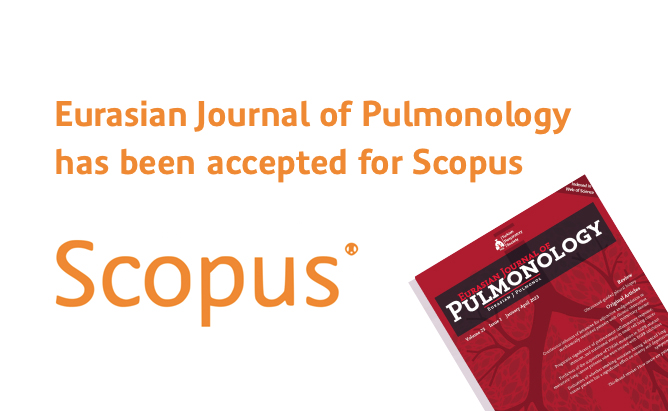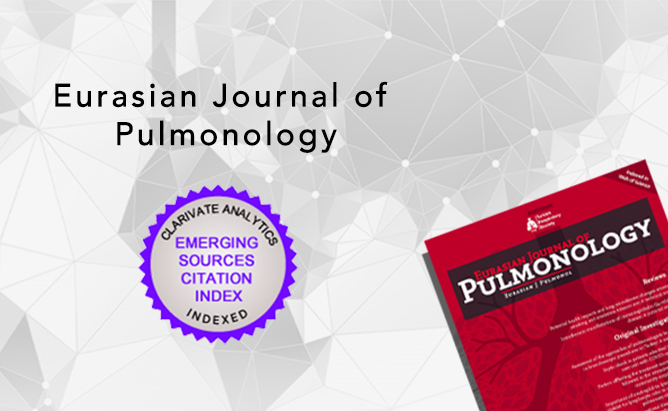Abstract
INTRODUCTION AND AIM: Symptom palliation is important in terms of improving quality of life and therapy compliance in patients diagnosed with lung cancer. In this study, we intend to describe the tumor symptoms and related factors with Edmonton Symptom Assessment Scale (ESAS) in patients who admitted to a palliative care unit.
MATERIALS AND METHODS: Two hundred and ninety patients with lung cancer who admitted to our tertiary outpatient palliative clinic were retrospectively reviewed. Pathological diagnosis, stage, demographic features, comorbidities, treatment modalities, and ESAS score were recorded. Survival was analyzed using Kaplan–Meier analysis.
RESULTS: There was no relation between stage of disease and ESAS score. The mean sleep variance score was significantly higher in Stage IV patients compared to all other groups (P = 0.038). The scores of cough and how they felt themselves were significantly higher in patients with metastatic lymph node (n = 30; P = 0.016 and P = 0.027, respectively). The presence of diabetes mellitus was found to be significantly related to higher sadness and anxiety score (P = 0.046 and P = 0.023, respectively). Treatment modalities (Group 1: best supportive care [n = 22] and Group 2: others [n = 268]) did not affect the mean ESAS score (P > 0.05). The overall survival and mean ESAS score were not related (P > 0.05).
CONCLUSION: ESAS contributes significantly to improve general medical condition of patients with lung cancer. Comorbidities should be considered along with ESAS during cancer management. Symptom score evaluation and proper palliative treatment is important in lung cancer patients. Anyway, the treatment period of lung cancer is already difficult enough, so physicians should facilitate this process for patients.




 Derya Kizilgöz1
Derya Kizilgöz1 




